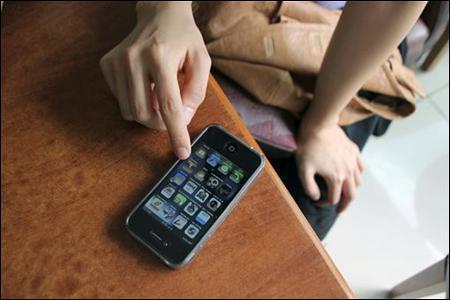
It might be a well-known brand in consumer electronics, but Videocon has been a fringe player in the mobile telephony market with a mere 0.26 per cent share of the 862 million customers.
However, last fortnight, Videocon Telecommunications, controlled by Venugopal Dhoot, surprised everyone by announcing that it was partnering with equipment maker Nokia Siemens Networks to launch 4G LTE services in seven circles, six of which (it is already there in Punjab) it had won in the auction held in November last year.
Videocon operated mobile telephony services across the country till the Supreme Court cancelled all telecom licences issued in 2008 when Andimuthu Raja was the telecom minister following allegations of wrongdoing in the spectrum allocation process.
. . .
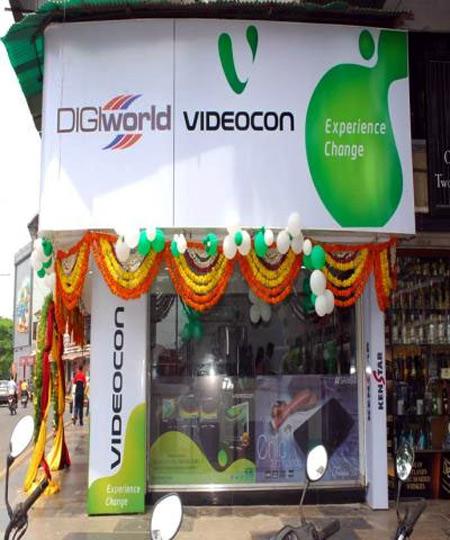
Now, it will be amongst the first Indian companies to take advantage of the changed rules that have delinked spectrum with specific services, thus allowing it to use the 1800 MHz band, currently used only for voice service, to offer 4G LTE services.
Measured steps
Arvind Bali, the company's chief executive officer, says it chose the new circles after careful consideration as it wanted to go for step-by-step expansion, given the high price of spectrum, and not spend huge amount for a pan-India footprint upfront.
The company plans to launch the services in at least some cities by the end of the next financial year.
"We have decided to concentrate on the Hindi belt to begin with, except in Rajasthan where spectrum is not available everywhere.
. . .

"These circles constitute 46 per cent of the country's population and also have low (telecom) density," says Bali.
Four of these seven circles, which include Punjab, Haryana, Madhya Pradesh and Gujarat, also made up for the bulk of its subscribers before its licences were cancelled.
So, in that sense, the company would not be starting from scratch.
But will Videocon manage to script a success story this time round?
Many say the company has been impelled to get back into telecom, albeit by shrinking its circles by a third, in order to protect the investment of Rs 10,000 crore (Rs 100 billion) which it has already made.
. . .
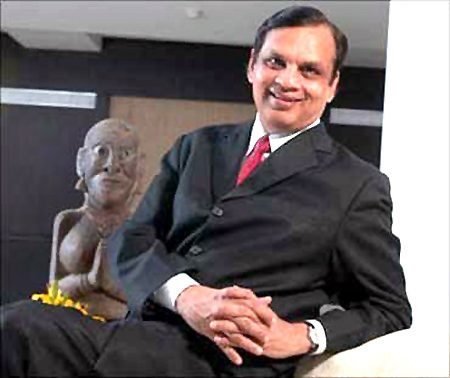
Out of this, it has about Rs 3,800 crore (Rs 38 billion) in bank loans which it still has to repay.
Analysts say the group was faced with two options: either to write its investments off, pay back the loans, and in the process, lose the Rs 1,650 crore (Rs 16.5 billion) it had paid for the pan-India spectrum; or to participate in the auction on a limited scale, and hope to recoup the investments with some prudent additional spending and tight cost controls.
The company, of course, decided to get back in business. It forked out Rs 2,220 crore (Rs 22.2 billion) in the auction.
However, the government's decision to offer a three-year moratorium, the option to pay in installments and adjust the money spent by the company for spectrum in 2008 has ensured that it does not have to pay anything for the next three years.
All the company will have to pay is Rs 721 crore (Rs 7.21 billion) at the end of three years.
. . .
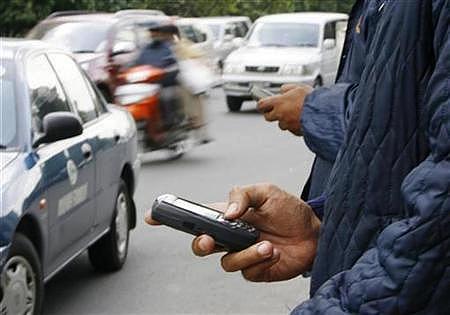
On the right foot
Videocon has also rightly perceived that data will be the next big thing and being a voice player alone in a market where there are already four to five established players won't make good business sense.
This is a change from its previous strategy.
Bali says the cornerstone of its data strategy will be to dedicate at least one or two carriers (each carrier is of 1.25 MHZ) for only data.
It could also shift all of the 5 MHz for only data between 10 pm and 6 am when voice calls are minimal.
However, the company will have to make additional investments to upgrade its network to 4G.
. . .

Analysts say it could amount to 20 per cent of its current investments on the ground.
The company could also leverage the existing pile of equipment lying in the warehouses that was bought for its pan-India operations or use the equipment in the circles where it has shut operations.
To score over competitors, Videocon is hoping to replicate its value-for-money model that has won it big gains in the electronics business here as well.
"In TV, we make sets which are as good as the ones made by the Koreans (Samsung and LG) but sell them at a lower price.
. . .
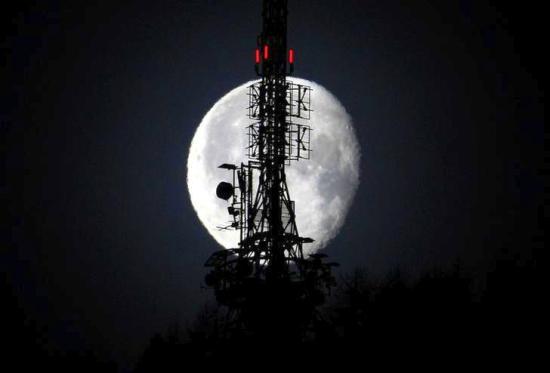
"We want to price our telecom services 15 to 25 per cent lower compared to our competitors," says Bali.
He is hoping to cash in on the surge in data usage by 2016.
According to him, there will be at least 20-25 million LTE subscribers in the country by that time.
Wind at its back
There is no doubt the company has certain things going for it.
For one, there is a vibrant global ecosystem for 4G LTE in the 1800 MHz.
In contrast in the 2300 MHz band Reliance and Bharti will be among the first few players in the world to offer 4G.
Nearly 40 per cent of all the 4G LTE rollouts across the world are on the 1800 MHz band.
In addition, there are over 150 devices from dongles and routers to mobile phones which are compatible to the service.
. . .

Also, Videocon will need fewer towers to offer services than its competitors on the 2300 MHz band, which is considered a less efficient band.
The big challenge, however, will be to provide high-speed data with just one or two carriers.
Most telecoms operators say that for real LTE data, telcos will require a minimum of 5 MHz. Videocon will be competing with players like Bharti and Reliance which have no dearth of spectrum ( 20 MHz each in the 2300 MHz band).
Bharti also has a large tower infrastructure which would be difficult for rivals in the game to match.
. . .

That apart, Videocon's absence in the four metros and in circles like Karnataka, Andhra Pradesh and Maharashtra, which are seen as data-heavy markets, will also be a dampener for the company.
In this scenario, trying to play the price game might be a recipe for disaster.
A senior telecom company executive says: "Tariffs can never be your unique selling proposition; everyone will drop prices to the same level.
"And remember you are challenging big players; so it could be a big mistake.
"It's not like consumer electronics at all where there is a mass market, a value-for- money market and a premium market with varying price".
. . .

Bali, however, says that the company's costs will be lower and it has already invested a large part of the money.
It is also looking at synergising its distribution chain with that of over 15,000 retailers of its direct-to-home service, which will again pare costs.
He also says if the data service takes off, the company could consider buying more spectrum in the 1800 MHz as it is now easily available.
Also, he says despite using one or two carriers, it can still give average speeds of 2 MBps (megabits per second) to 5 MBps downlink to customers.
From a business perspective, no one can fault Videocon's deft strategy to go for 4G LTE combined with voice.
But the question is whether it can pull it through against the big boys and create a niche for itself?